Do You Have Vaginal Boils? Causes, Treatment & When to See a Doctor!
Be it anywhere on the body, boils normally heal by themselves. But the pain is twice the worst if it’s Vaginal boils. And there are many other causes to it besides poor hygiene.
On Jan 3, 2023 – 10 minutes read

Vagina boils are alarming. You might spend hours scrolling and skimming through Google search results to find the causes of boils on vagina and how to treat them while having a severe panic attack. There are three things you need to know amidst the panic session.
- Don’t Panic: It is normal and common.
- Most of the vaginal boils will clear up on their own in a week or two.
- If they don’t clear up on their own, you can treat boil in the vaginal area at home easily or with the help of a doctor.
The skin near the female genital area is similar to the underarm skin. This means both areas are prone to boils, cysts, or abscesses by even a small compromise in vaginal hygiene.
If you want a deeper dig at vaginal area boils, here’s everything you need to know.
What Are Vaginal Boils Or Cysts?
Vaginal boils also called Bartholin’s gland cysts(1), are pus-filled lumps, almost like pimples, that appear outside the vagina and are often red and almost always painful. Though a boil can appear anywhere on the body, it is often found outside the vagina, on the labia, or in the pubic area. In some rare cases, they can appear at the edge of the vagina and look like tiny balls.
Generally, a boil is a localized infection deep in the skin. It starts as a reddened and tender area but eventually becomes firmly hard and painful to touch. Then, the center of the bump becomes filled with white blood cells (infection-fighting) and eventually softens. Then, the pus forms a white or yellow-colored head that drains in due course. This combination of white blood cells, proteins, and bacteria is known as pus.
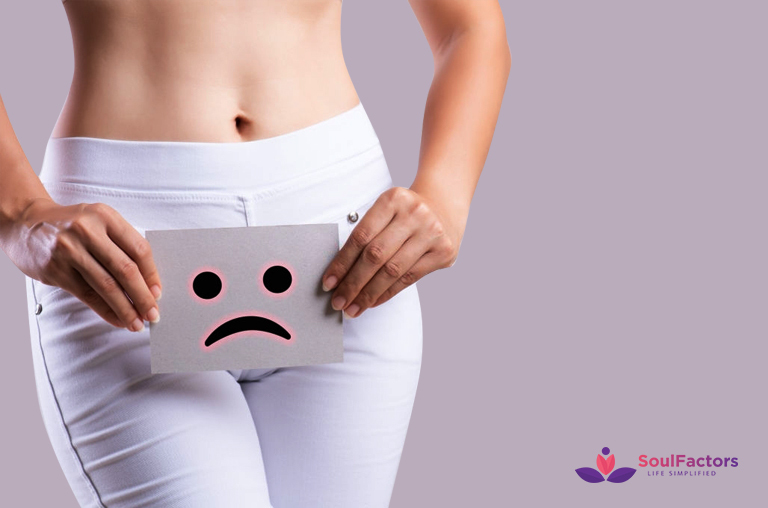
These angry and enlarged vaginal boils can cause great discomfort and pain (especially while touching), but they don’t have severe impacts. In fact, most boils in the groin area female or cysts heal on their own, whereas some may require medical attention to ease the pain and not worsen the infection. Your gynecologist can easily lance or cut to drain the boil using a special sterile needle.
More often, people use the terms boil and abscess interchangeably to describe a vaginal boil, which is wrong. Because abscesses are usually deeper skin infections than boils.
The cause of an abscess differs slightly. It can occur inside the vagina and can be life-threatening if left untreated. It is around cystic abscesses that can be as large as a quarter and is quite painful.
A correct diagnosis is a key to treatment and you need medical attention for abscesses. Now, how are boils on the vagina formed? They are formed when the fluids that need to be secreted get blocked in the clogged glands on the side of the vagina.
What Causes Vaginal Boils?
Vaginal boil causes can stem from various factors and conditions.
Infectious Organisms
The infectious organisms of bacteria are Staphylococcus Aureus, Escherichia Coli, and Chlamydia Trachomatis(2). They often start as a skin irritation that becomes infected with bacteria that naturally live on the skin, then to small red lumps that swell.
But after a few days, they look like spots with white or yellow pus-filled tips. If you develop recurring boils, the bacteria test will tell you the cause of the boil.
Clogged Pores
The major cause of these pus-filled boils is the result of clogged pores. The vulva has many specialized glands and pores that have the potential to get clogged and blocked.
And once hair follicles, oil glands, and sweat glands in your vulva get clogged, that may result in the growth of certain bacteria which lead to vaginal boils.
Folliculitis
Folliculitis is an inflammatory disorder caused by the hair follicles around the pubic area. The bacteria can infect a hair follicle creating a small bump that may lead to a cluster of bumps known as a carbuncle. The most common types of folliculitis are Sycosis Barbae (razor bumps) and Pseudofolliculitis Barbae as they are caused by constant shaving.
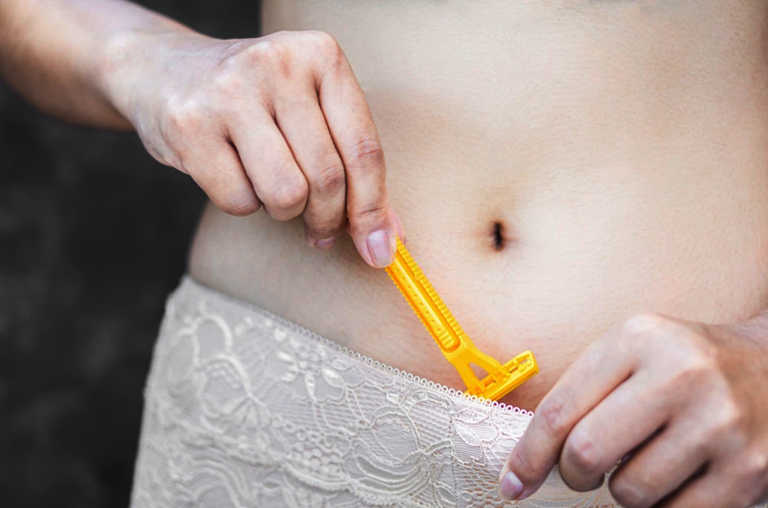
Bartholin Gland Cyst
Another common cause of vaginal boils is the Bartholin gland cyst. When the Bartholin glands get blocked, a cyst appears under the skin of the vaginal opening. And, a blockage of these glands leads to the formation of hard vaginal boils.
Ingrown hair, any break in the skin, genital piercings, and sexually transmitted infections are other underlying causes of boils. Women with oily skin and thicker pubic hair are at high risk of the boil on vulva and boil on labia.
How To Get Rid Of Vaginal Boils?
Boils on vagina usually heal on their own after a few days. But if you want to speed up the process, there are treatments you can try such as home remedies for boils in private areas. It is extremely important to wash your hands well before you touch the vaginal cyst or boil or the area surrounding it.
Vaginal Boil Treatments!
Use warm water and antibacterial soap to wash your hands. To avoid introducing more bacteria to the boil and making the infection worse, this step is imperative.
Similarly, wash your hands after you are done with the treatment so that you do not touch any area of your body and spread the bacteria.
Following are the treatments that can be done at home for cysts in the pubic area:
Warm Compress
This is a highly recommended treatment for vaginal boils or any other boils for that matter. A warm (not hot) compress, effective for soothing boils on the private area in females, will soften the inflamed boil, promote blood circulation and drainage, stimulates the body’s immune system to mobilize towards the affected area in order to facilitate healing. Additionally, this method will assist in mitigating the agony and burning sensation.
- Soak a washcloth with water that is slightly warmer than what you normally use to wash your face.
- Squeeze out the excess water and place the hot compress over the vaginal boil.
- Leave it there for 10 to 15 minutes until the compress becomes cool.
- Repeat the warm compress three or four times a day until the vaginal boil is gone.
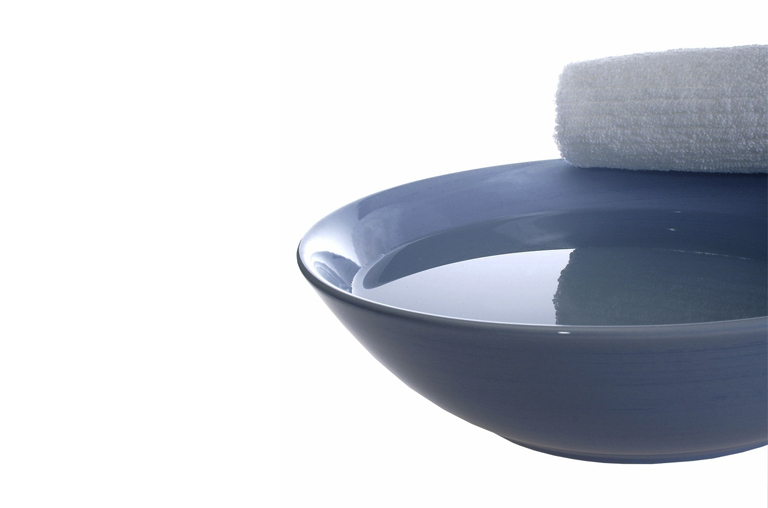
The heat from the compress helps the boil to leak some pus and promote blood circulation, which in turn, helps white blood cells to fight off the remaining infection.
Use A Topical Ointment
Petroleum jelly ointment is an excellent choice that can help protect the vaginal boil against friction from your undergarments and clothing.
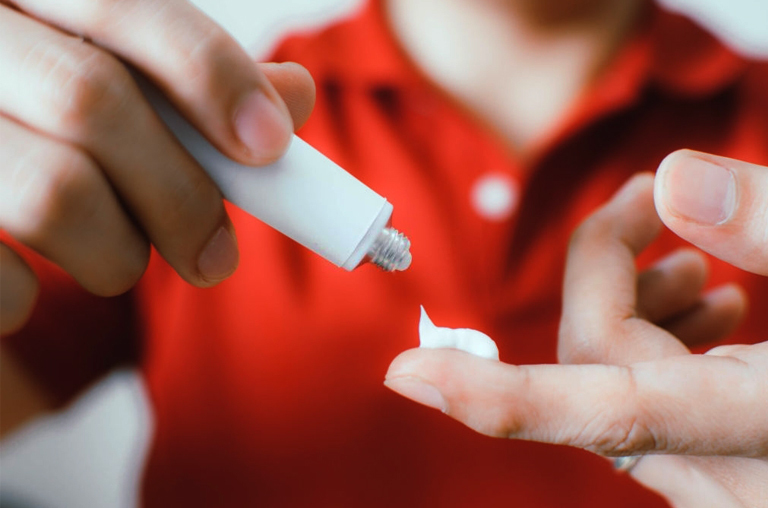
Similarly, in the case of a boil burst, you can use an antibiotic vaginal boil cream or ointment such as combined bacitracin, polymyxin B (Neosporin), and neomycin. This is to protect against another possible infection and give time for the spot to heal.
What medication is used for boils in the private part?
To ease the inflammation and lessen the pain caused by vaginal boil, you can take recommended over-the-counter pain medication. The two recommended otc painkillers are Advil (ibuprofen) and Tylenol (acetaminophen). Take them according to the directions mentioned in the package.
Topical anesthetics like Lanacane cream can lessen the pain, calamine lotion can help reduce inflammation, and zinc oxide cream can boost your skin’s immunity. If the medications do not help, you must go see a doctor.
Use A Sitz Bath
You can purchase a sitz bath from drugstores or online. It is a plastic ring that can be filled with warm water and placed over a toilet bowl. Another best option is to sit in a shoal bath filled with lukewarm water(3).
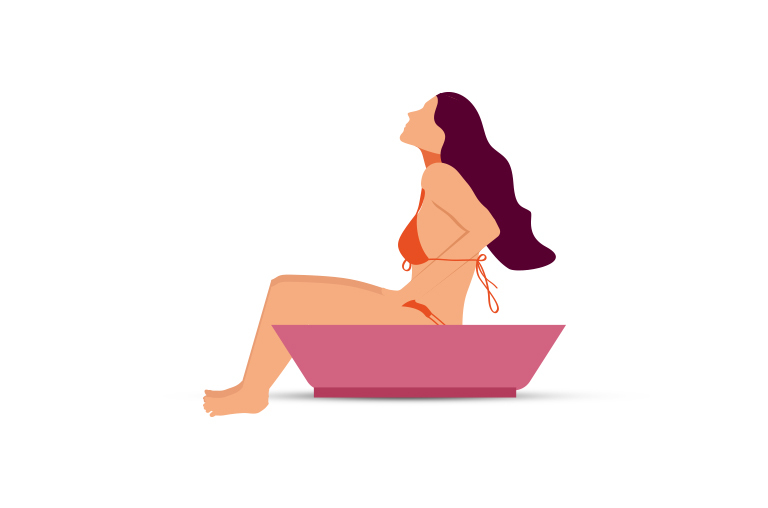
Wear Loose Clothes
Your pubic skin is delicate. Tight clothing causes friction or rubbing on the delicate skin and inflames the boil, which is one of the most common causes of vaginal boils.
So, until the boil disappears, make sure that you wear loose undergarments and clothing and leave enough room for breathing. And, make sure that you change into clean and dry underwear after workout sessions.
Do Not Attempt To Pop The Boil
The first thing anyone tries to do when they feel a boil on their body is try to pick them. Wrong move. Picking at the boil or trying to pop them are the worst things you can do to the boil. Because you are squeezing and trying to release the bacteria and risk the spread of infection.
Keep The Area Dry And Clean
You can choose to wash the boil with antibacterial soap and clean the soap off with clean water from a spray bottle. But always dry the affected area gently with a soft towel or washcloth(4). More importantly, wash your hands with antibacterial soap and water before and after cleaning and apply any topical antibiotic ointment to the affected area. Also, avoid rubbing or even touching the boil.
When Do Vaginal Boils Heal Completely?
Typically a vaginal boil heals on its own within a week or two. While some may burst and drain first, some may shrink and disappear. If the boil starts to drain itself, clean the area carefully and thoroughly, and cover the area with a clean and dry adhesive bandage or sterile gauze.
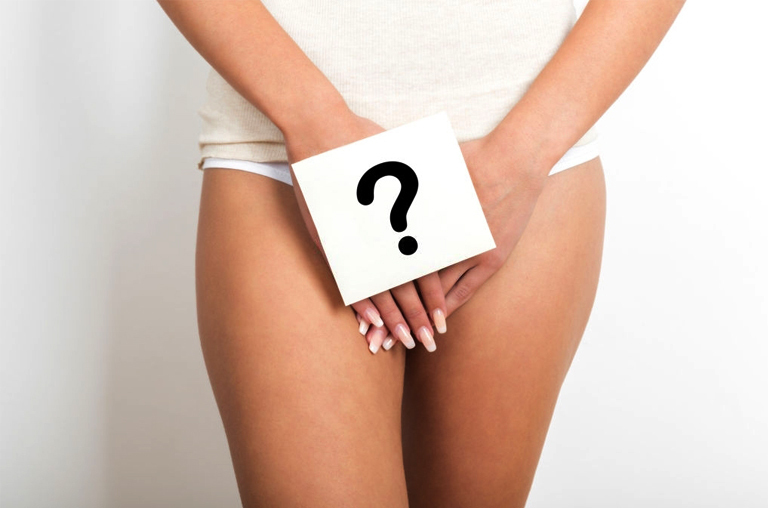
If recurring vaginal boils start to form, make an appointment with your gynecologist and treat to know the underlying cause and prevent future boils.
When Should You Book An Appointment?
If you experience any of the following symptoms along with the vaginal boils, you must make an appointment with your doctor.
Experiencing fever, chills, or cold sweats, developing a boil on your face, or multiple boils in the pubic area are the red flags you must not ignore. Book an appointment immediately because you need to find the root cause to treat it right.
Other red flags include a boil that is extremely painful, is growing rapidly, is larger than two inches wide, isn’t gone even after two weeks, or keeps recurring. These signs call for medical attention.

The two primary treatment options a doctor offers for a boil that cannot be helped with home remedies are lance and drain or antibiotics. While draining the pus by cutting the boil, your doctor uses special, sterile equipment.
So you cannot try this at home under any circumstance. After the boil is drained, your doctor may prescribe antibiotics to prevent recurrent infection.
Pictures Of Boils In Private Area
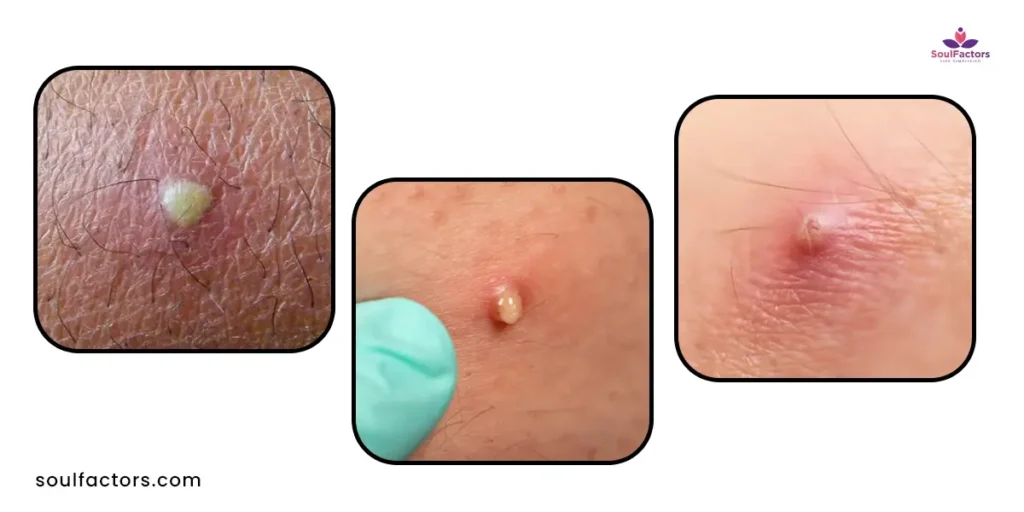
How Can You Prevent Vaginal Boils?
There is no promise that future boils can be prevented completely. But these tips can surely help you with the prevention of future vaginal lumps.
- Antibiotics for vaginal boil: If your doctor prescribes antibiotics after treating your infection, take them all to prevent a recurrence of secondary infection.
- Dull razor: When you don’t change your razor or blades frequently (at least every three to four weeks) you are risking ingrown hairs by using a dull razor. So, change your razor and prevent future boils!
- Exfoliate: It is highly recommended to exfoliate your pubic area before shaving to open any blocked hair follicles and reduce the chances of developing ingrown hair. More importantly, exfoliating will help prevent your razor from becoming overloaded with dead skin cells, which makes shaving ineffective.
- Dry shaving: Dry shaving your pubic area is a big no. Use a shaving cream or lotion to decrease friction on hair when you shave. Also, shave in the shower or bath so that your skin will be warm.
- Direction Of Shaving: The direction of shaving is important. But instead of shaving in the direction of hair growth, women shave in the opposite direction. But to reduce ingrown hair, you must shave in the direction of your hair growth.
- Do not share your razor: Do not, under any circumstance, share your razor with others or use anyone else’s razor. Keep your razor clean and dry. Refrain from sharing any personal items including undergarments and towels.
- Vaginal hygiene: Change undergarments frequently and practice healthy vaginal hygiene. Try to wear natural fiber underwear such as silk or cotton.
- Use gentle products: To avoid disrupting the natural pH of your vulva. Avoid highly fragmented soaps, douches, dyes, lotions, baby wipes, powders, and topical ointments as these can irritate the tissues in the vaginal area.
You are aware that the vagina is a sensitive body part of a woman and any incorrect remedy can worsen the problem. So, you need to be extremely careful while treating a vaginal boil or any problem related to the vagina. You should not use anything that can be irritating or cause further damage.
If these home remedies for boils don’t help your vaginal boil and they aren’t gone within two weeks, you may need medical attention. So book an appointment and don’t leave them untreated!
FAQ
Yes, boils are contagious, you need to treat them immediately. If the pus that is filled inside them leaks or spread to nearby skin, more boils will form. Also, the pus can enter the bloodstream and may spread the infection to other parts of your body. Hence, never leave them in denial, untreated, and treat them as soon as possible.
STDs like herpes (HSV), syphillis and chancroid can cause genital boils.
Deficiency in essential nutrients like vitamins and minerals can weaken the immune system. Specifically, lack of vitamin A, vitamin E, and zinc can affect the body’s ability to fight infections, potentially leading to boils.

Subscribe to Newsletter
Elevate your routine, stay on trend, and embrace a personalized beauty journey with our curated insights.
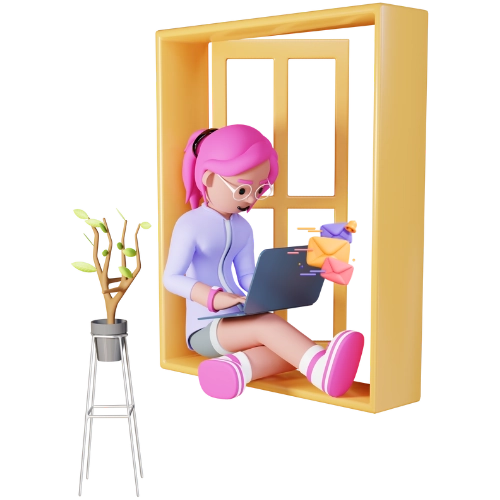
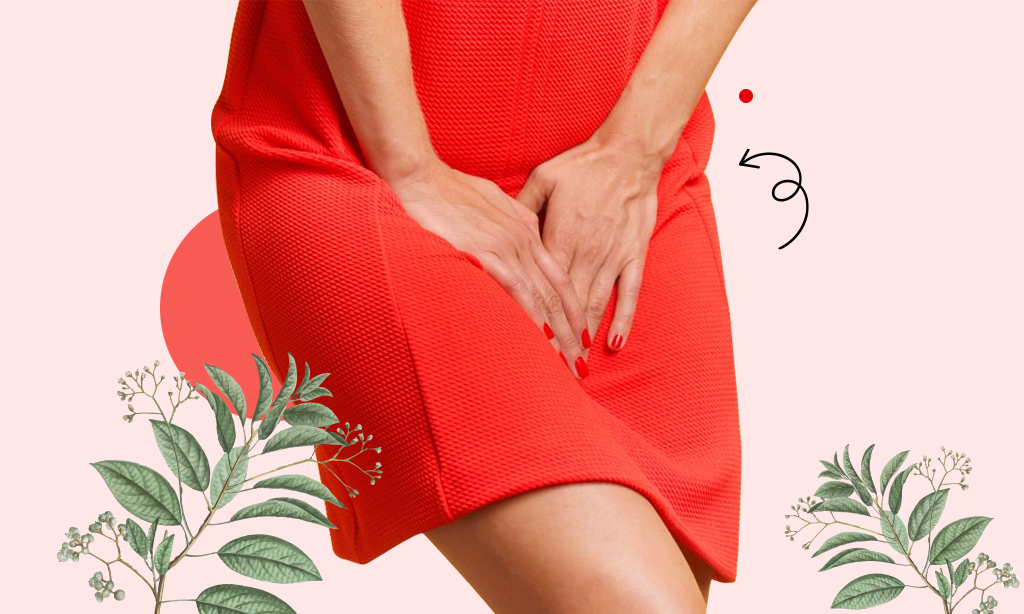


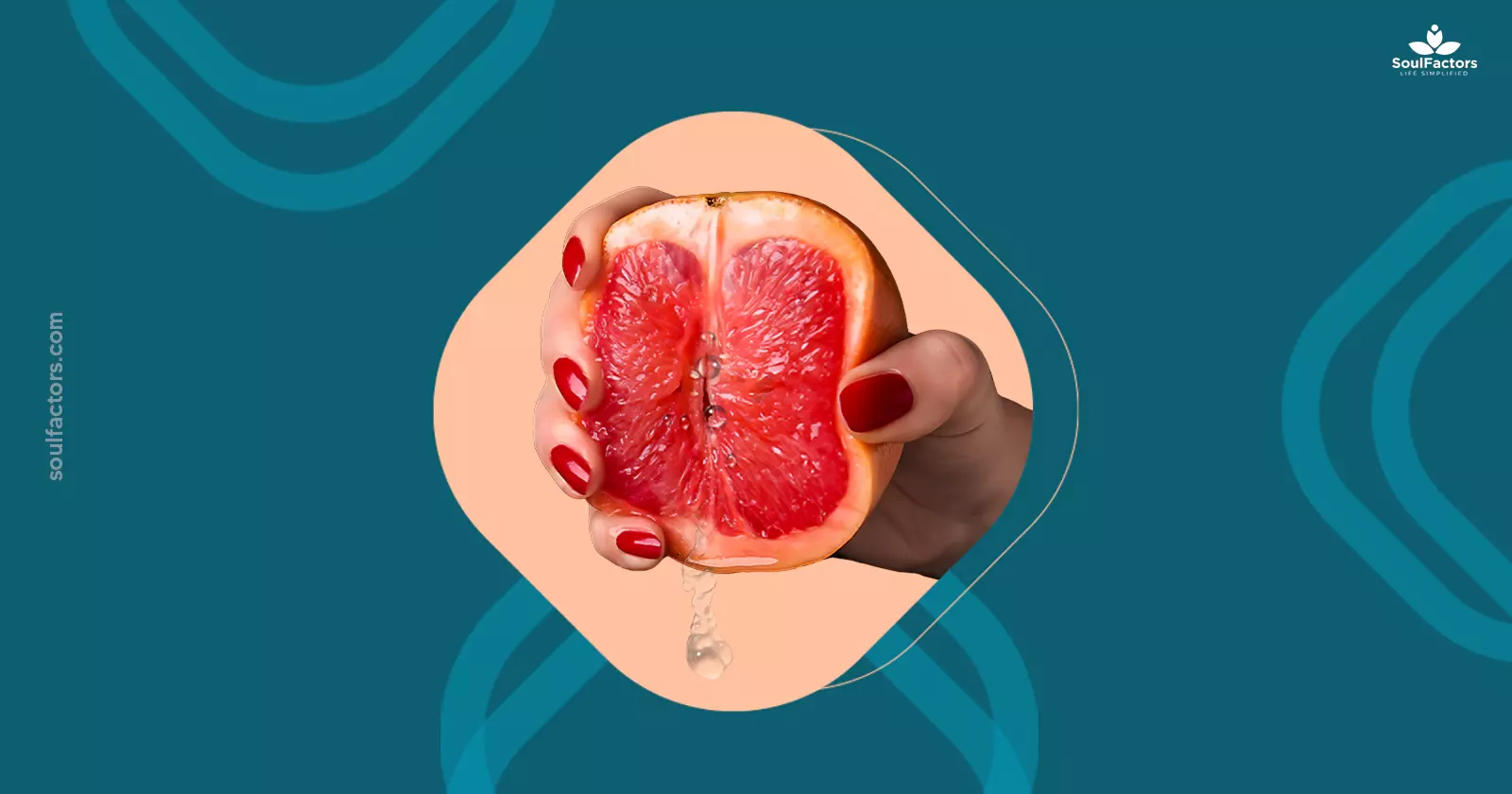
Write a Comment